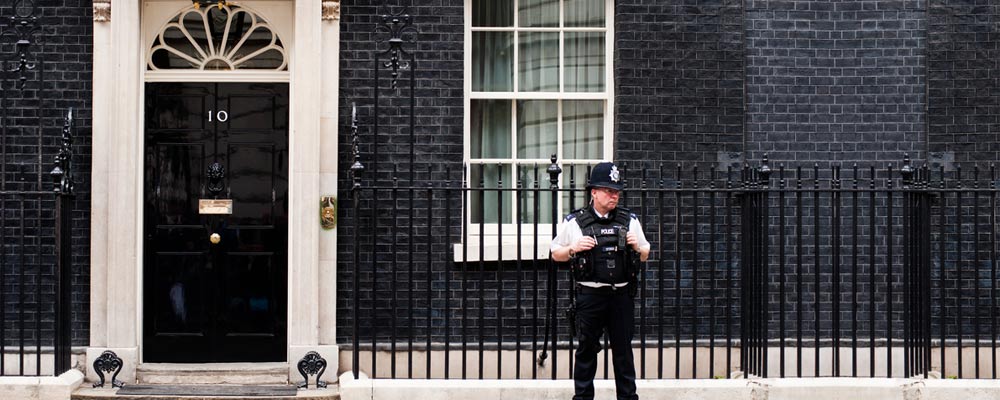Imagine if freshly minted Prime Minister Theresa May appointed Jeremy Clarkson foreign secretary, creating a Top Gear takeover of post-Brexit Britain. Instead we have to make do with an equally left of field candidate: Boris Johnson.

The dust settles
Mr Clarkson’s unique take on foreign affairs would have been so interesting as we attempt to sign trade agreements with Asia and Latin America … oh well, we’ll have to make do with BoJo.
But back to reality and what an extraordinary week we had. A new prime minister and a new cabinet and more importantly two new departments of state: Brexit and international trade. This is all very welcome as it shows there may be a plan after all … hmmm … but if there isn’t, there will be a focus on getting one soon. Mrs May will be quick to demonstrate to the world that the UK is now stable and willing to “do business”. Philip Hammond is a good choice as chancellor. He looks like an accountant (let’s forget TV presenter Richard Madeley’s “leftie Goth” quote) and hopefully he will stick to his brief and avoid meddling in Machiavellian games!
Already we’ve seen an indication of policy to come, with lower corporation taxes (albeit from a deposed George Osborne) and no emergency tax-raising budgets. This was always likely. This is a clear signal to overseas companies that it’s “business as usual”; that the government is committed to attracting capital investment.
This brings me on to Bank of England governor Mark Carney. I’ve often wanted to hear less from him and his speeches. Unfortunately, over the past two weeks his pronouncements have continued to cause confusion. His relationship with Mr Hammond will be crucial – they appear to be total opposites.
In Mr Carney’s defence, he didn’t say interest rates would be cut in July. In fact, he said he felt lower interest rates – and indeed negative interest rates – could be damaging for the health of banks and result in less credit being available. He reminded the press corp that one of the Bank of England’s key roles is to ensure the banking system functions smoothly. It’s not just setting interest rates.
So where does this leave us in regards to investing in UK Plc? I am actually feeling pretty positive and have been adding to the “Brexit basket” of stocks, and property REITs, as many investors sell because of fears that we’re in for a multi-year recession. We may have a technical recession over the next six months, but I’m convinced we’ll have a trade deal with Europe within two years.
Why? Because both sides need it.

